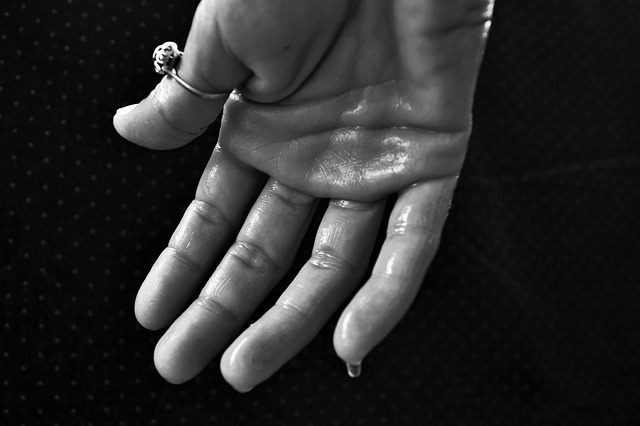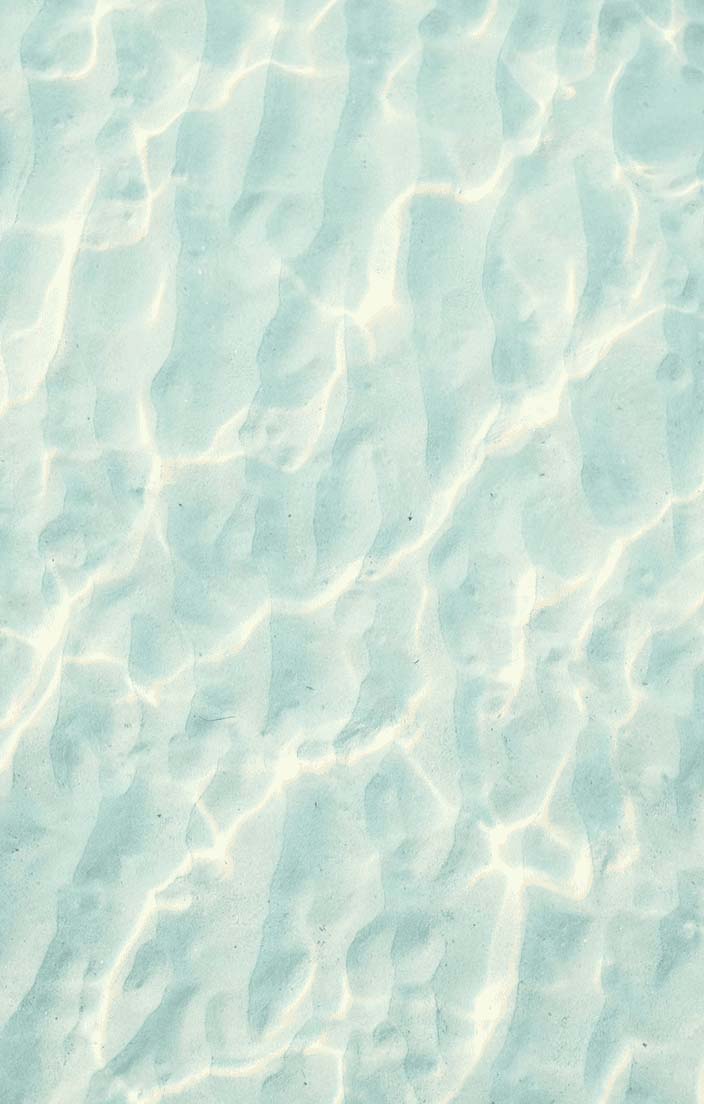Iontophoresis is a simple, non-invasive treatment that helps control excessive sweating, especially in the hands and feet. It’s a comfortable therapy that can make daily activities easier and boost confidence.

What is it?
Iontophoresis is a non-invasive treatment that uses a mild electrical current to deliver water through the skin, helping to reduce excessive sweating (hyperhidrosis) in the hands, feet, or underarms. It is most commonly used for patients with palmar (hands), plantar (feet), or axillary (underarm) hyperhidrosis that has not responded well to topical treatments. In addition, iontophoresis can be used in certain cases of nail psoriasis to help deliver medication directly to affected nails.
How does it work?
During the procedure, the affected area is placed in a shallow tray of water, and a gentle electrical current is passed through for 10–20 minutes. The treatment is usually repeated several times per week initially, then maintenance sessions are scheduled as needed to keep symptoms under control.

FAQ’S
Frequently Asked Questions


Is iontophoresis painful?
Most patients find the treatment comfortable. Some may experience a mild tingling, prickling, or warmth during the session, which usually settles quickly.
How many treatments will I need?
Initial treatment usually requires several sessions per week until sweating is controlled. After this, maintenance treatments are typically done every 1–2 weeks.
Can I do it at home?
Home devices are available and often used for maintenance after initial clinic-based treatments. Your dermatologist can advise on safe and effective home use.
Are there any side effects?
Side effects are generally mild, including temporary skin irritation or redness. Rarely, small blisters may develop.
Can I use it if pregnant or have a pacemaker?
Iontophoresis is generally not recommended during pregnancy and should be avoided in patients with pacemakers or certain medical implants. Always discuss your medical history with your clinician beforehand.
What if I have scratches or sores?
Any scratches, cuts, or sores should be covered with a paraffin layer or otherwise protected before treatment to prevent irritation or discomfort.
Does it work for everyone?
Most patients experience a significant reduction in sweating, though results vary. Regular maintenance treatments are usually required to sustain the benefit.
Can it be used for nail psoriasis?
Yes, iontophoresis can be used in certain cases to help deliver medication directly to nails affected by psoriasis.